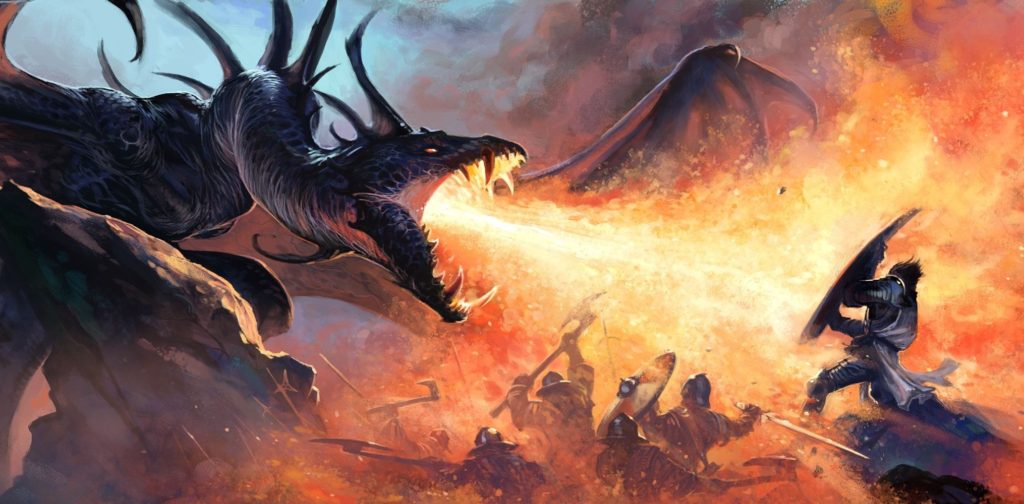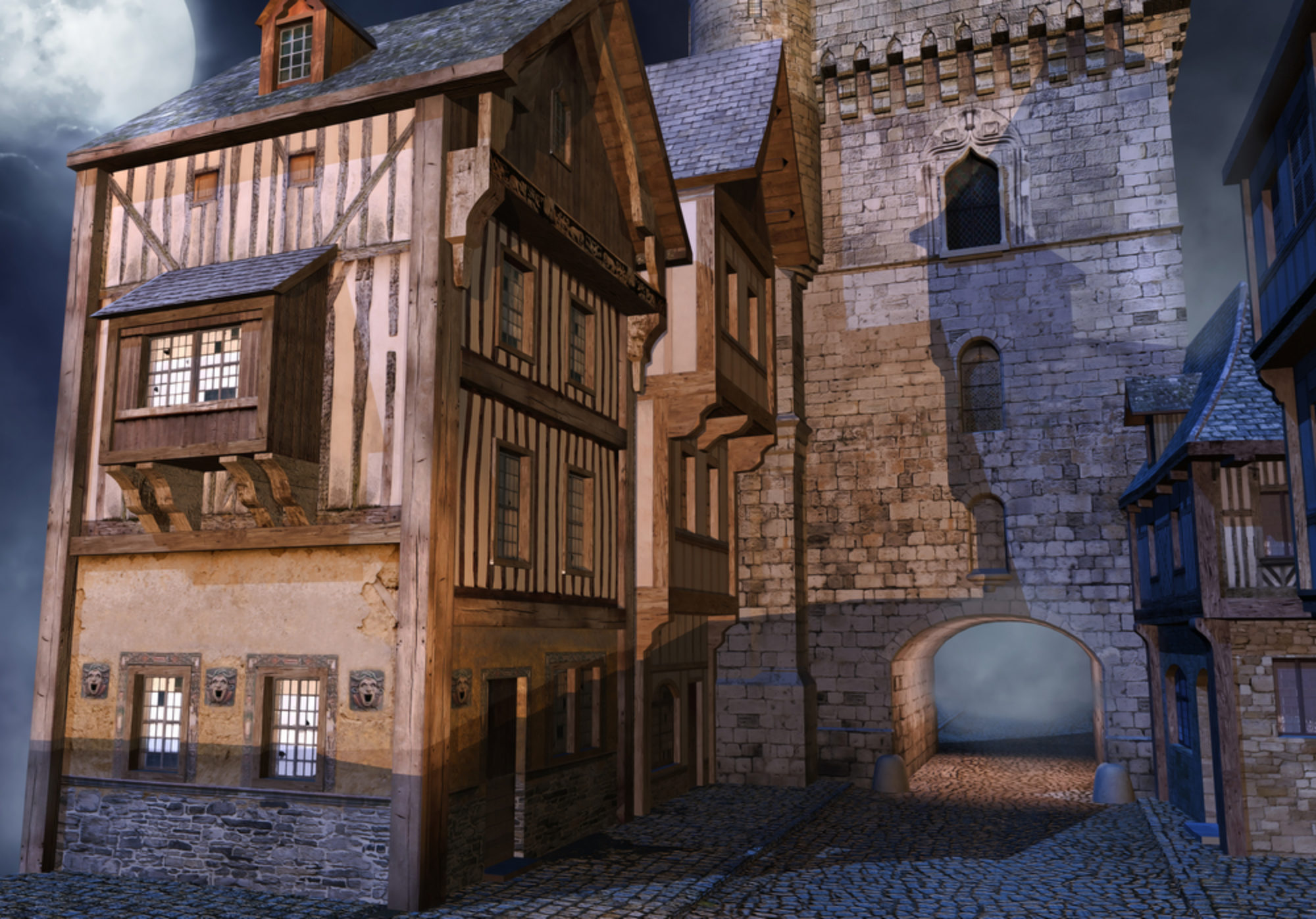Most people who play the game know a little of the history of Dungeons and Dragons. It was derived from a set of miniatures rules created by Gary Gygax and Jeff Perren called Chain Mail. The rules of Chain Mail were derived from an earlier work called Siege of Bodenburg. Gary Gygax watched this game being played at the first Gen Con and was impressed with it.
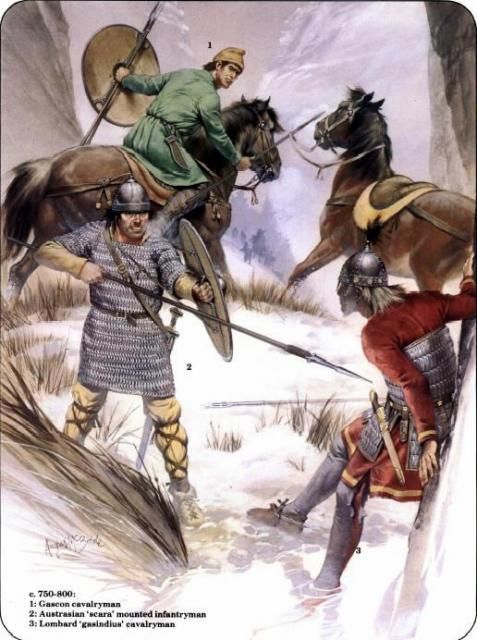
Warfare has always been an element of Dungeons and Dragons from the very beginning. The rules were not originally designed for role playing. They were designed for combat between miniatures on a table top battlefield. Later these rules from Chain Mail were incorporated by Dave Arneson into his Blackmoor campaign. From this point on the game became something new. It became a game where people ran individual characters with special skills as opposed to controlling formations of troops which had been the staple of traditional war gaming up to that point.
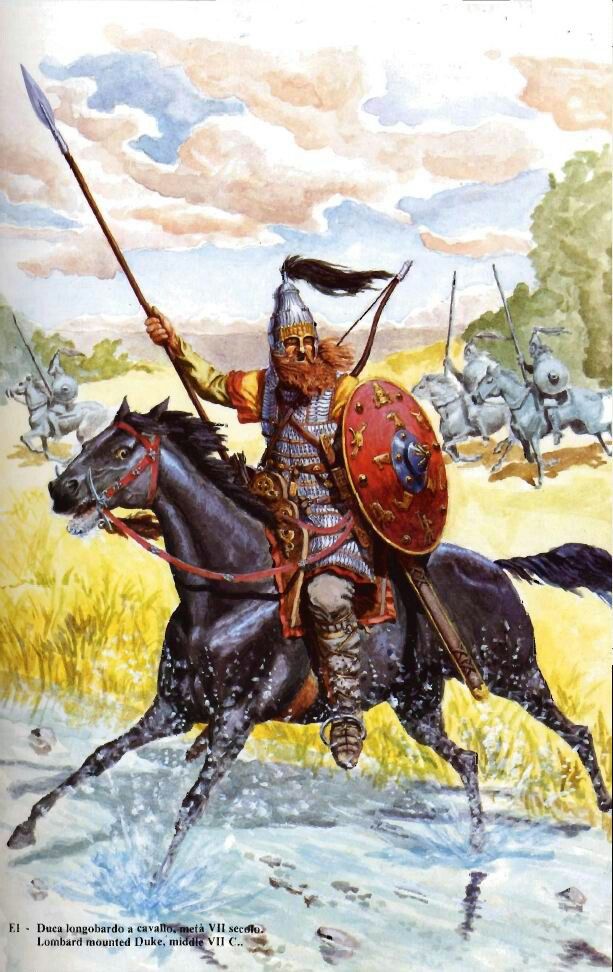
Warfare in Dungeons and Dragons Today
But warfare in Dungeons and Dragons is still an element in many campaigns. Wars are often the backdrop to many dungeon master’s campaigns. Sometimes the actions of the heroic players are the catalyst to preventing such a war. Or perhaps they will give the realm the edge to survive it or even win.
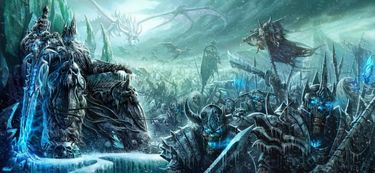
There is little question that Tolkien and Lord of the Rings played a part in the development of the ideas for Dungeons and Dragons. Elves, dwarves and wizards are the main components of the Lord of the Rings story. And warfare was a key element in that story as well.
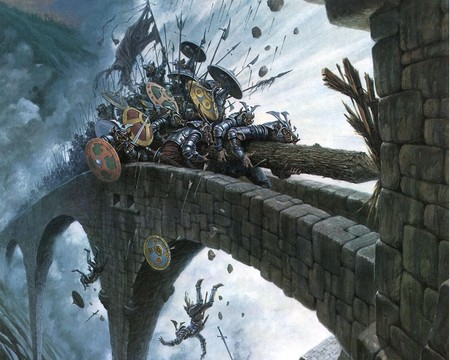
Today many campaigns include a war, or a coming war, as a primary story element. But few dungeons masters know how to actually implement large scale fighting into their campaign. It would be tedious to roll a few thousand D20 to play out all of the individual combat sequences that could potentially take place in a mass scale battle. It would be boring to play out every siege or every major clash between armies. Fortunately one does not have to. There are some rule sets for conducting major battles out there. And some of them are still available for sale.
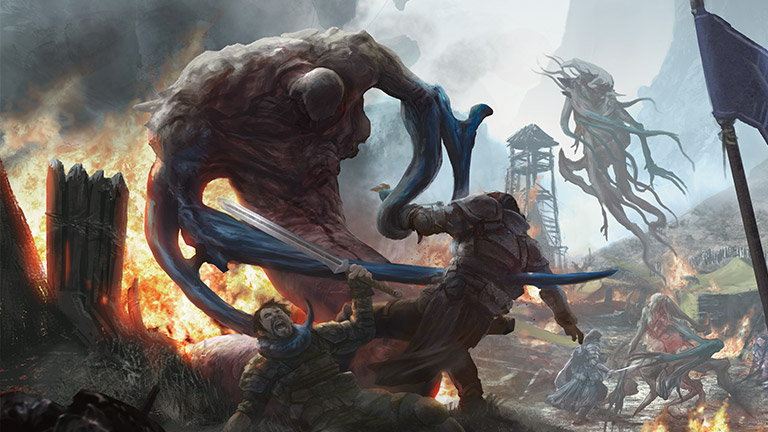
- Chain Mail (original)
- Battlesystem for AD&D 1st edition (was sold as a box set so this one is not available for download)
- Battlesystem 2E
- Demios Battlesystem for 5E
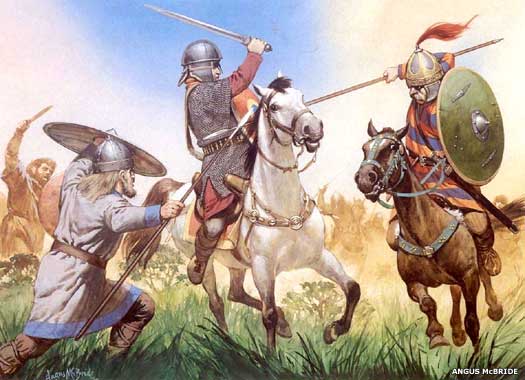
Possible Ways to Incorporate Warfare In Dungeons and Dragons
There are so many possible warfare related themes that could be incorporated into a Dungeons and Dragons campaign that one article like this could hardly scratch the surface of the subject. But below is a list of some possible fantasy wars that could take place as part of a campaign or as the backdrop to one:
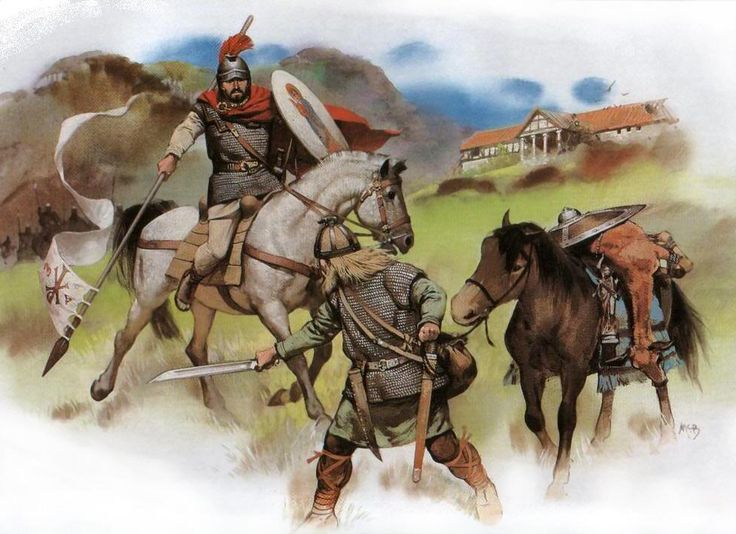
- Wars between the gods
- Wars between devils or demons and the forces of good
- Wars between various humanoid races and the forces of human (or demi-human) kingdoms (Lord of the Rings)
- Wars between wizards and their minions
- Wars between two kingdoms in a fantasy world
- Raiders from the sea (vikings)
- Barbarian raiders from the frozen lands to the north
- The Drow invading the surface kingdoms of their elvish brothers and sisters
- War between the Githzerai and the Githyankee
- Wars between the Gith and the Illithids
- Wars between denizens of different planes
- Dragon wars
- Various monstrous races defending their home lands from other invading species. For example humans building a castle near a swamp might invoke a response from the lizard men who live there already.
- Proxy wars (gods, devils and demons might prefer to use others to do their work for them)
- Sahuagin raiders from the sea attacking a coastal city
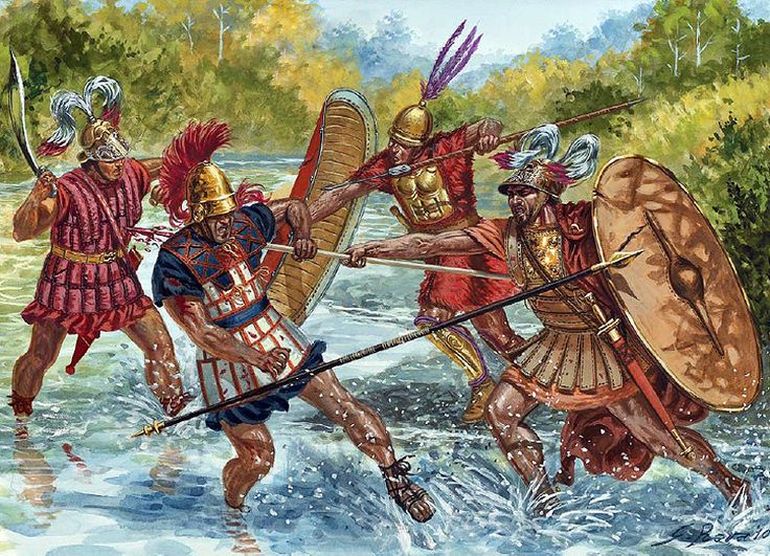
As you can see there are many possibilities for warfare to be used in the game of Dungeons and Dragons. However the actual fighting of the war need not be the main thrust of the campaign. Below are some possibilities for such adventures.
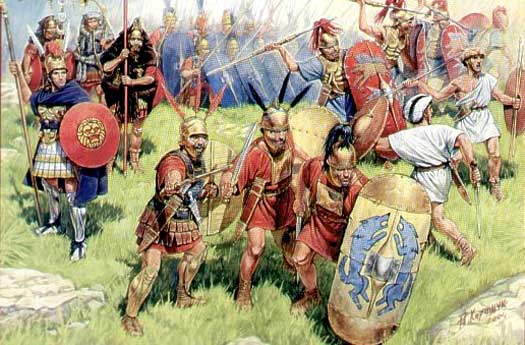
Espionage in Dungeons and Dragons
The assassin class in 1st Edition Dungeons and Dragons was also intended to be used for spying as well as killing. An adventure in a campaign could easily call for the adventurers to conduct surveillance, do a spy mission or even do sabotage to some other group that intends to wage war or that intends to defend themselves. Use of an assassin for spy missions was never a common way to play the game but it easily could be.
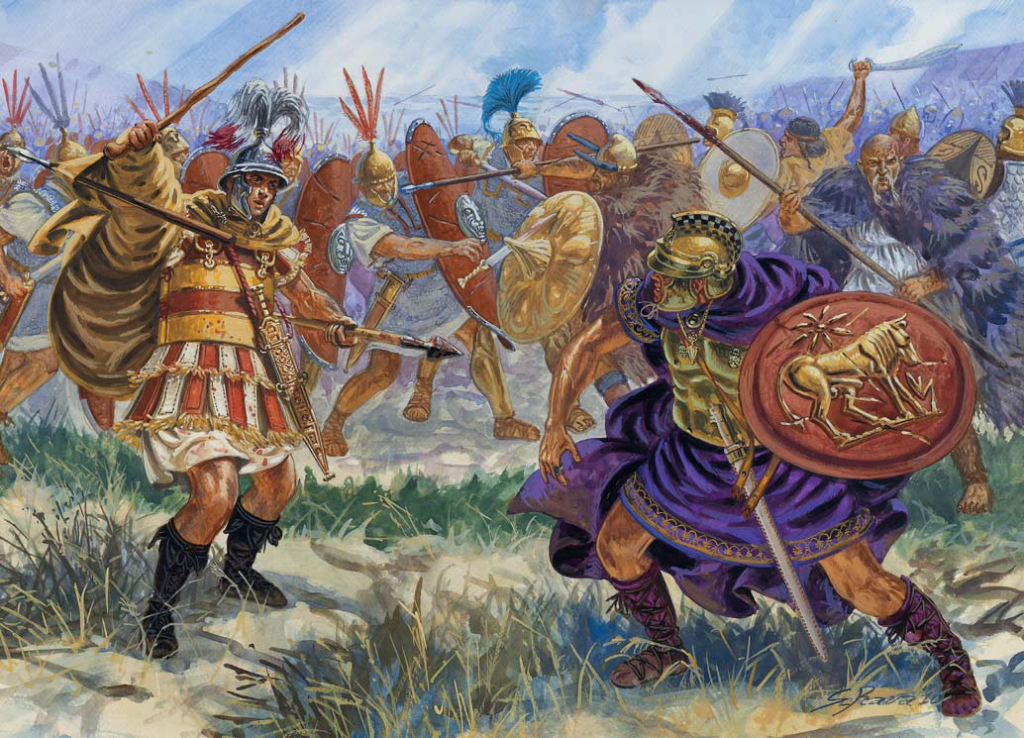
Rescuing Someone Important to Avoid a War
Rescuing others in order to prevent some war could easily fit into a fantasy campaign. A kidnapped king, queen, princess or noble could easily lead to a war. The adventurers might be called upon to rescue them and bring them home to avoid hostilities beginning. Or perhaps this king would lead the army to victory if he could only be saved from the clutches of the enemy.
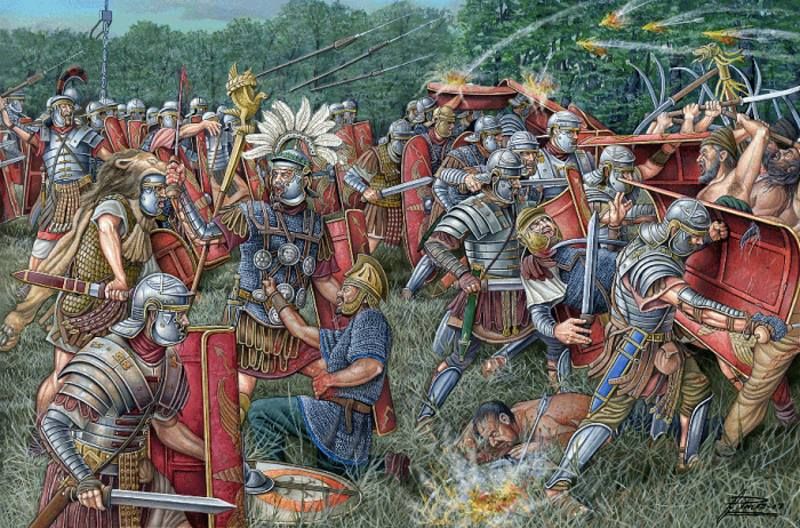
Gaining Possession of Some Artifact
Perhaps the war could be won, or even avoided, if the kingdom were to gain possession of some ancient relic or artifact of immense power. Perhaps even the sight of this artifact might weaken the desire of the enemy to fight. A sword of power, a skull from some long dead king, a crown with powerful historical significance and magical power…..any of these might be the source of a great adventure and might be used to advantage in or for prevention of some war.
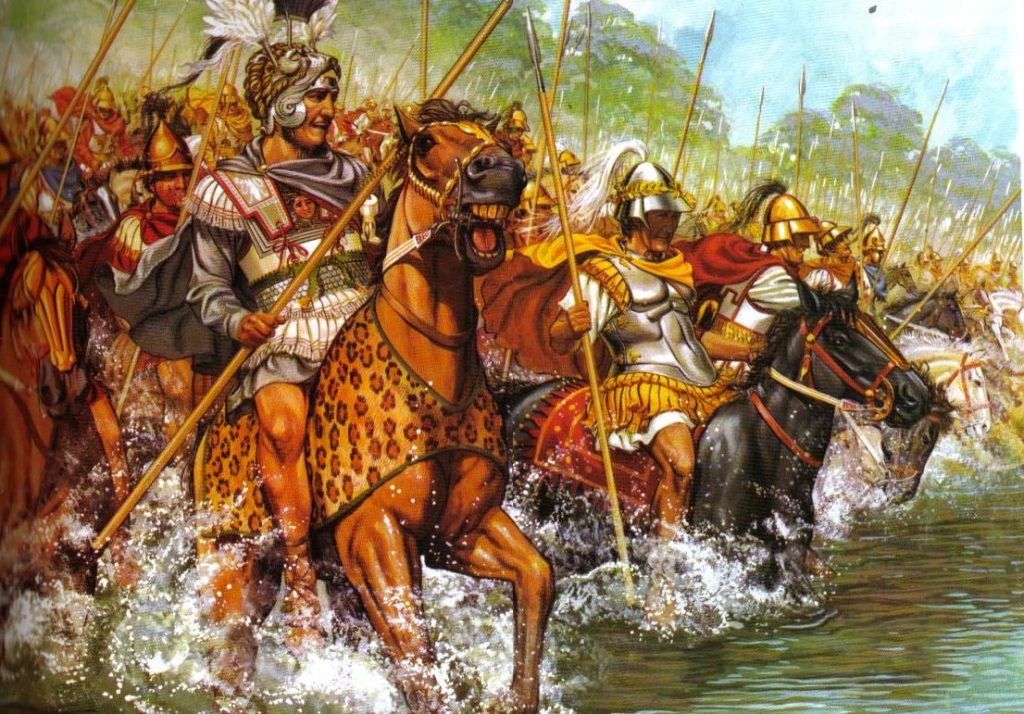
Destroying Some Villain Before the War Begins
Alas, this, was the theme of my own campaign. For those of you familiar was the Mountain of Fire Campaign in Zanzia you may know some of the story. I was the oldest Lich in the history of Zanzia. Before I became a Lich I had been the seer of the king of Zanzia. I decided to take the crown for myself but was thwarted in my attempt. I brought a massive army of humanoids and undead and sacked the city of Onm. Onm was the capital of Zanzia back then. I burnt it to the ground and killed the royal fools who defied me.
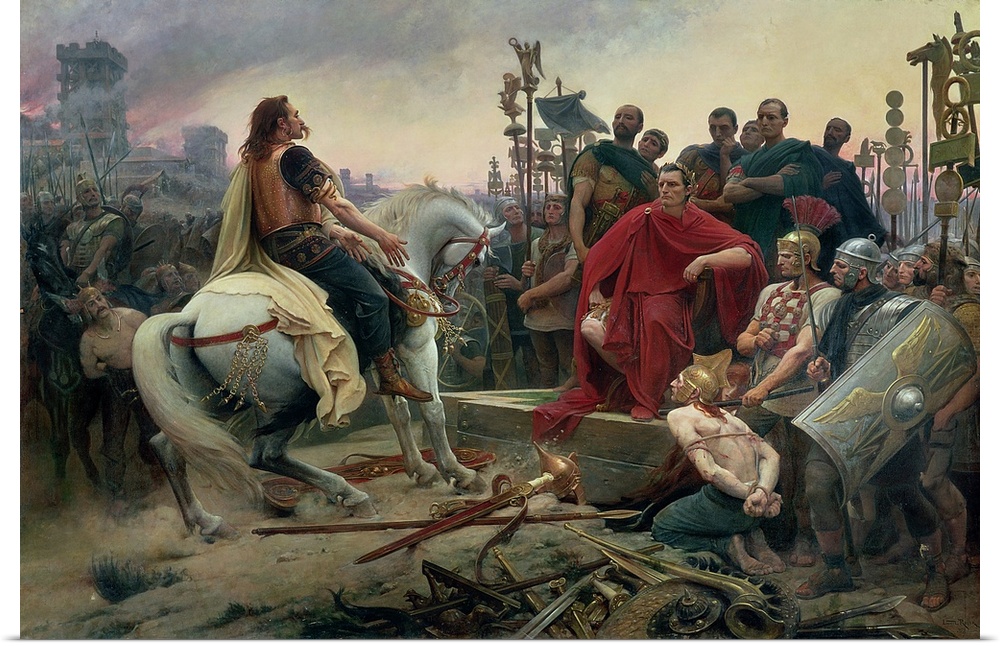
Unfortunately, my army was crushed by the Zanzian army led by an old friend of mine. Antovinious was the greatest paladin in Zanzia and he led the army which broke my siege. My army was ultimately crushed at the blood river. And I was imprisoned in an active volcano for a hundred years. But I escaped. The magical seals that kept me imprisoned were broken. And I was free again.
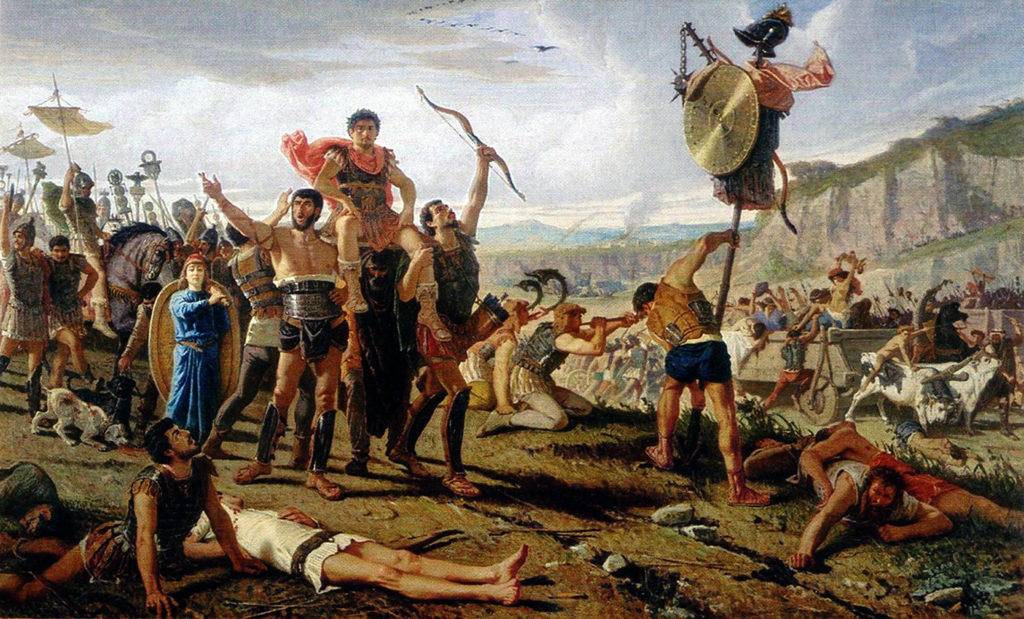
I began rebuilding my army. And I would have succeeded. But meddling adventurers invaded my home and killed my allies. But they failed to destroy my phylactery. And I again began rebuilding my army. But again meddling adventurers prevented my rise to power. But I shall rise again one day soon and take the kingdom for myself!
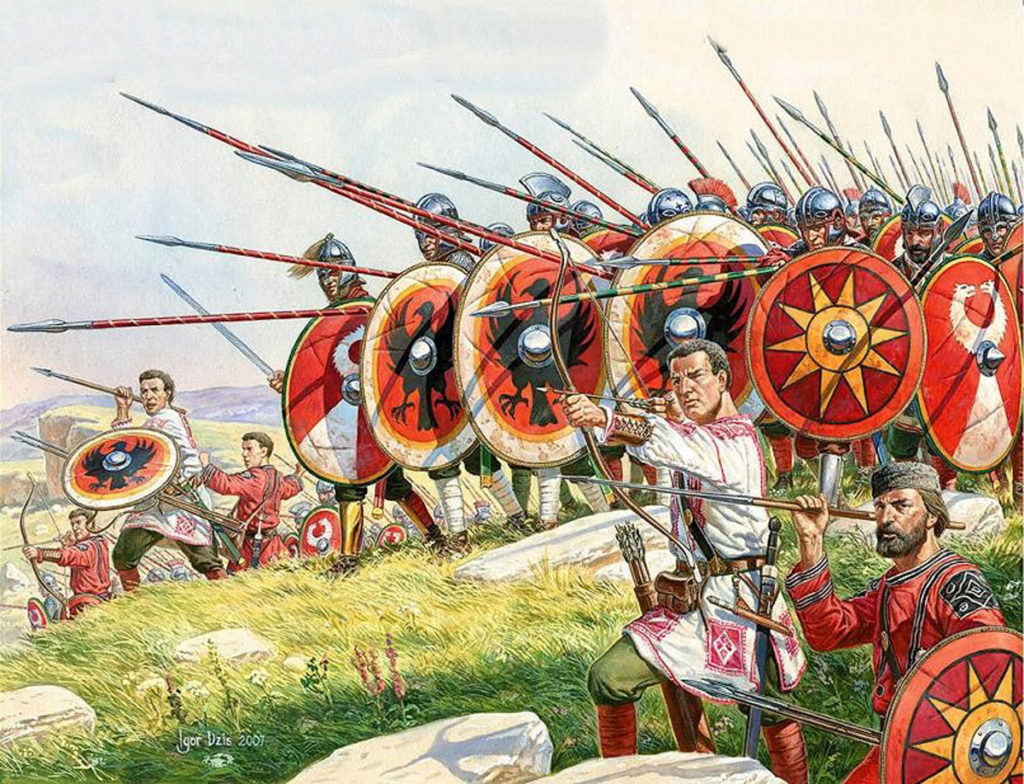
Warfare in Dungeons and Dragons Can Be Useful to a Dungeon Master
Regardless of how you use it, warfare, can be a useful tool in a campaign. You do not actually have to play out the big battles if you do not want to. But you might want to at some point. If this is the case then you can use one of the products I mentioned earlier or design your own set of rules for the process. Either method is perfectly acceptable. Ultimately the important thing is whether you and your players enjoy the game.
